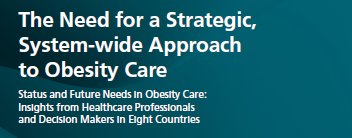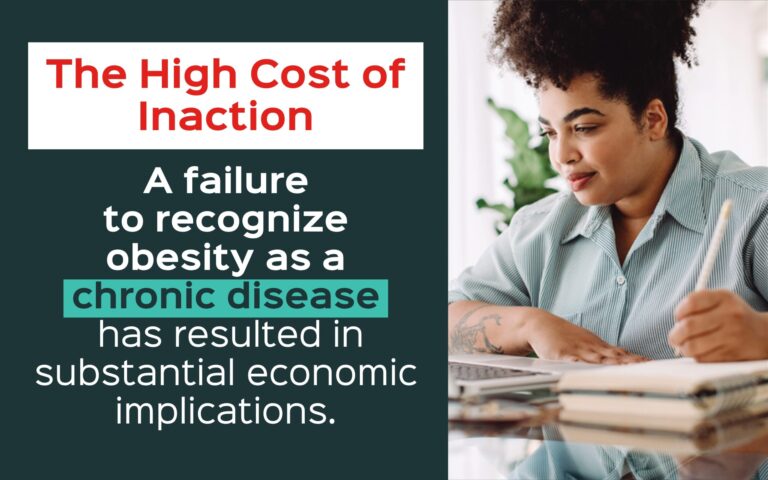
As the global prevalence of obesity continues to surge, reaching epidemic proportions, the imperative for a strategic, system-wide approach to obesity care becomes increasingly evident. Obesity Canada, in alignment with the Obesity Policy Engagement Network (OPEN), underscores the urgent need for concerted action to address the multifaceted challenges posed by this chronic, relapsing disease.
Obesity stands as one of the leading causes of death and disability worldwide, with projections indicating that by 2025, one in five adults will be living with obesity globally. Despite the availability of evidence-based management modalities, barriers persist, hindering widespread implementation and access to quality care. This reality underscores the necessity for policy changes that connect stakeholders across various sectors and dismantle the pervasive stigma surrounding obesity.
Recognizing obesity as a chronic disease is a pivotal step towards fostering a paradigm shift in how it is perceived and managed. Recent acknowledgments by entities such as the European Union and the World Health Organization signify progress, yet substantial gaps remain in fully embracing this perspective, both within healthcare settings and broader society. The prevailing misconception of obesity as a matter of willpower perpetuates weight bias and hampers healthcare utilization among affected individuals.
The findings from the Models of Care survey conducted by OPEN shed light on critical barriers in obesity management, emphasizing deficiencies in diagnosis, service delivery, health literacy, and research funding. These insights serve as a clarion call for collective action to rectify these shortcomings and improve policy and practices for the benefit of those living with obesity.
Moving forward, a comprehensive approach to obesity care is imperative. This entails filling education and research gaps to inform evidence-based policy interventions, standardizing guidelines for managing obesity, and prioritizing interventions that address the diverse underlying factors contributing to its development and persistence.
Moreover, governments must conduct national cost analyses to quantify the economic burden of obesity care, enabling informed policy decisions and resource allocation. Investing in obesity care not only improves individual health outcomes but also yields substantial economic benefits, as evidenced by projections indicating that a mere 5% reduction in the obesity rate could result in significant annual cost savings globally.
Addressing the obesity epidemic demands a concerted effort from all stakeholders, encompassing policymakers, healthcare providers, researchers, and the public. By embracing a holistic, evidence-based approach to obesity care, we can mitigate its impact, enhance health equity, and pave the way for a healthier future for generations to come.





